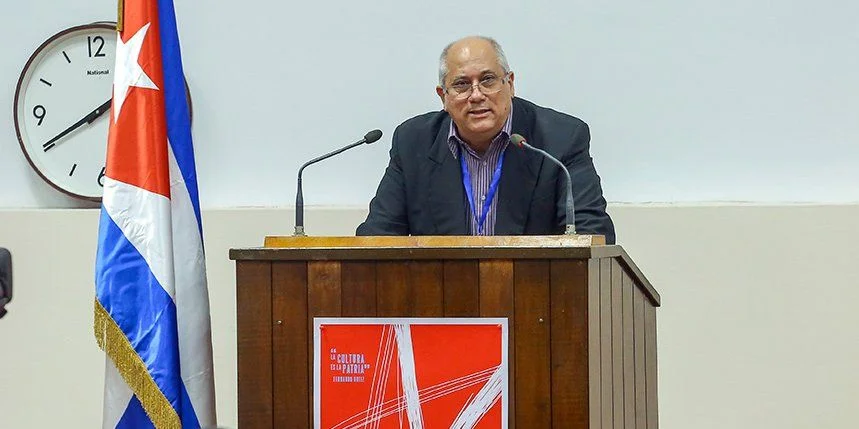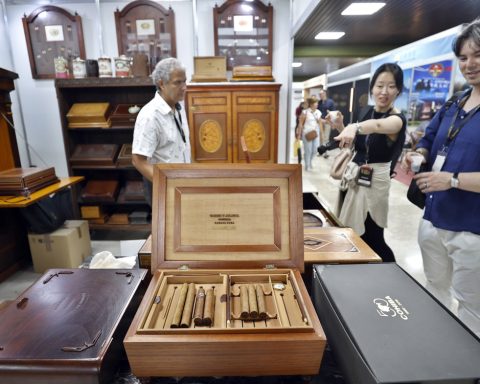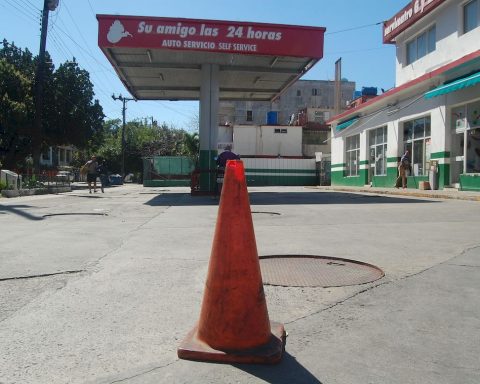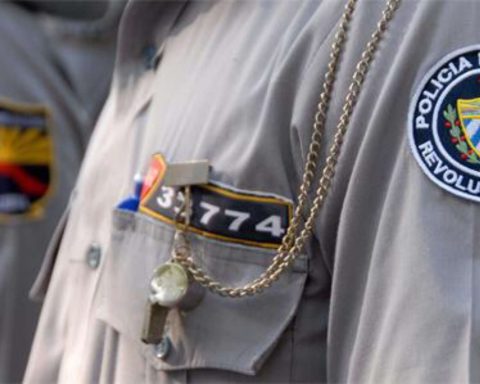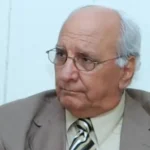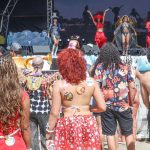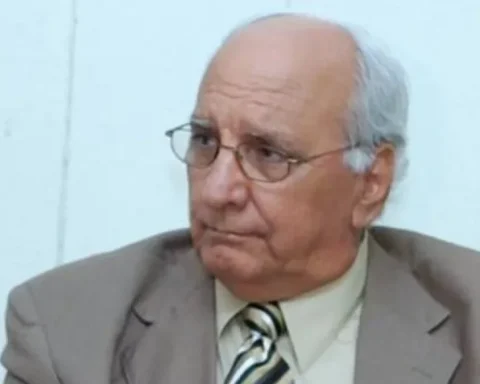HAVANA, Cuba. – When some expected that the 10th Congress of the Union of Writers and Artists of Cuba (UNEAC) would lean its debates towards the relationships between cultural institutions and creators, in reality the event focused its attention on the ideological framework that underlies the national culture. In that sense, the issue of “cultural colonization”, that phenomenon that is talked about so much and on the contrary so little is known about its real content, gained great prominence.
The Minister of Culture, Alpidio Alonso, in his closing remarks at the event, asserted: “This Congress has debated extensively about the dangers of cultural colonization, and how to confront it. That has perhaps been his greatest success.”
If the minister’s words were useful for anything, it was for us to understand what cultural colonialism means for the Cuban ruling leadership. We deduced this after his statement that “the main obstacle that cultural colonization encounters in Cuba is socialism.”
As we know, socialism in Cuba presupposes a standard of life that moves away from universal values, such as democratic government practices, individual freedoms and market relations in the economy. Therefore, it is easy to understand that Mr. Alonso associates the acceptance of these values as a sign that one is culturally colonized. Evidently, that message from Pope John Paul II that “Cuba should open to the world” would be described today by the Castroist machinery of power as an encouragement to cultural colonization.
And of course, the relationship between cultural officialdom and History could not be left out of the minister’s proposals. “Imperialism intends to devalue revolutionary history to replace it with another that responds to its interests,” was one of Alonso’s remarks on this topic.
Of course, the minister did not say that it was not imperialism that wanted to change the interpretation of Cuban history. That which reflects the true roots of Cubanness, and that we could represent it in works such as the History of the Cuban Nationwritten on the occasion of the fiftieth anniversary of the Republic in 1952, and which included the collaboration of such notable authors as Emeterio Santovenia, Ramiro Guerra, Juan J. Remos and Julio Le Riverend, among others.
On the contrary, it was the new authorities in power starting in 1959 who took on the task of rewriting the history of Cuba to adapt it to the historical materialism of Karl Marx and the postulates of the Leninist manuals coming from the Soviet Union.
To the above we would have to add a process of mythification with a view to turning certain lies into truths in order to adapt the past to the interests of Castroism. We are referring, for example, to that lie that in Cuba, from Céspedes to Fidel Castro, there has been only one Revolution; that the military intervention of the United States in the feat of ’95 frustrated the victory that the Mambises had already assured; or that the signing of a commercial reciprocity treaty with the northern neighbor caused the structural deformation of the Cuban economy.
We cannot forget either the effort to relate top figures of the country, such as Martí, with the Castro revolution. A fallacy that has led a segment of the new generations to reject the legacy of our heroes. That “José Martí is the intellectual author of the assault on the Moncada barracks” is among the most infamous thing we have heard.
Needless to say, at the end of his speech, congratulations came to the minister from Díaz-Canel and other members of the nomenclature present at the activity.
